-
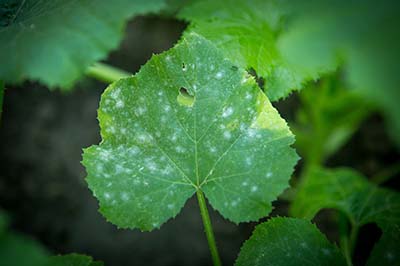
Preventing and controlling common pests and diseases is essential for successful fruit and vegetable gardening in Georgia.
- Here are some tips to help you manage these challenges effectively:
Pest Prevention and Control:
- Choose Resistant Varieties: When possible, select plant varieties that are resistant to common pests and diseases in your area. This can significantly reduce the risk of infestations.
- Healthy Soil and Plants: Maintain healthy soil through proper fertilization and organic matter. Strong, healthy plants are less susceptible to pests and diseases.
- Crop Rotation: Practice crop rotation to break the life cycles of pests and pathogens. Avoid planting the same type of crop in the same location for consecutive growing seasons.
- Companion Planting: Some companion plants can help deter pests. For example, planting marigolds or basil near tomatoes can deter certain insects.
- Monitoring: Regularly inspect your plants for signs of pest infestations, such as chewed leaves or discolored foliage. Early detection allows for quicker intervention.
- Handpicking: Physically remove pests like caterpillars, beetles, and snails from your plants. Drop them into a bucket of soapy water to prevent them from returning.
- Natural Predators: Attract beneficial insects like ladybugs and parasitic wasps, which can help control pests naturally.
- Organic Pest Controls: Use organic pesticides like neem oil, insecticidal soap, or diatomaceous earth when necessary. Follow the product label instructions carefully.
- Traps: Set up traps, such as sticky traps or pheromone traps, to capture flying pests like fruit flies or moths. Disease Prevention and Control:
- Crop Rotation: As mentioned earlier, rotate your crops to reduce the risk of soilborne diseases.
- Cleanliness: Keep your garden clean by removing and disposing of diseased plant material promptly. This prevents the spread of pathogens.
- Watering Practices: Water your plants at the base rather than overhead to minimize fungal diseases. Avoid watering in the evening to allow foliage to dry before nightfall.
- Mulch: Apply mulch to create a barrier between the soil and plant leaves, reducing the chances of soilborne diseases splashing onto plants.
- Spacing: Plant your crops at the recommended spacing to ensure proper airflow and reduce humidity around plants, which can encourage diseases.
- Disease-Resistant Varieties: Choose plant varieties bred for resistance to specific diseases, where available.
- Copper Fungicides: Copper-based fungicides can help prevent and control fungal diseases like early blight or powdery mildew.
- Pruning: Prune diseased or dead branches and leaves to improve air circulation and remove infection sources.
- Crop Covers: Use row covers or screens to protect plants from insect pests and prevent disease transmission.
- Crop Hygiene: Practice good garden hygiene by sanitizing tools and equipment between uses to prevent cross-contamination.
Remember that prevention is often more effective and sustainable than treating established pest and disease problems. Regular monitoring, early intervention, and a combination of preventive measures will help you maintain a healthy garden in Georgia. If you encounter particularly challenging issues, consult your local cooperative extension service or garden center for specific guidance tailored to your region.
-

Peaches
Georgia peaches are a true delight. Whether you eat them fresh, bake them into a pie, or blend them into a smoothie, there's no denying the appeal of this classic fruit. More
-

Blueberries
With their sweet-tart taste and vibrant color, blueberries are a must-try for anyone who loves fresh, healthy food. More
-

Apples
Whether you prefer sweet, crisp Gala apples or tangy, juicy Granny Smiths, you'll find plenty of options to suit your taste. More
-

Muscadines
Muscadines are often used to make jams, jellies, and wine, but can also be eaten fresh or added to salads for a burst of flavor. More
-

Watermelon
No denying the appeal of this juicy fruit. Plus, it's packed with vitamins and minerals, making it a healthy choice for anyone looking to eat more fresh produce. More
-

Strawberries
The state's strawberry season typically runs from late April to early June, and Georgia strawberries can be found at supermarkets and farmers markets throughout the state during this time. More
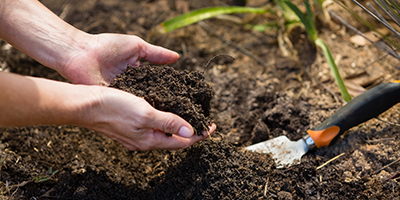

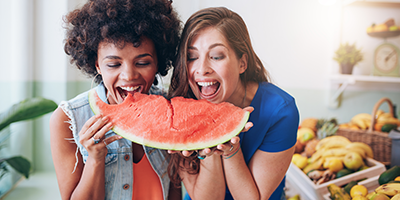

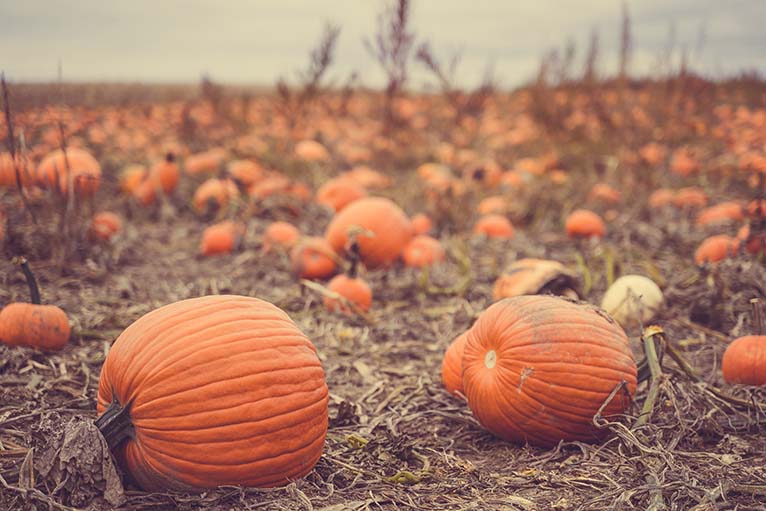
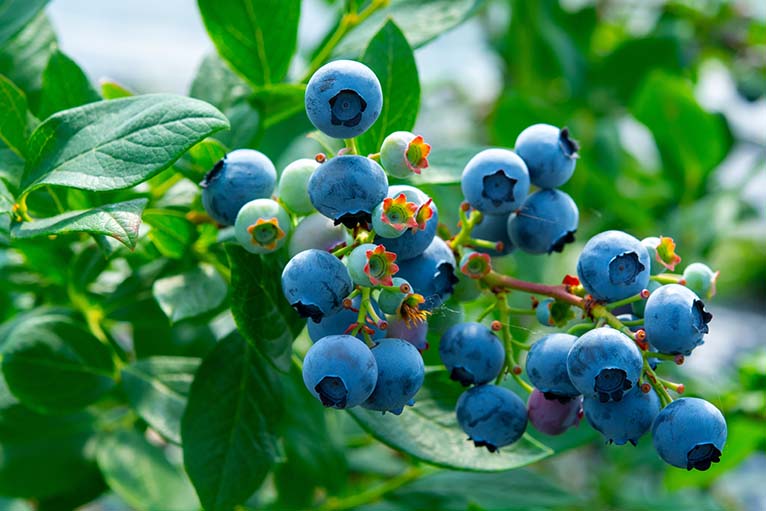
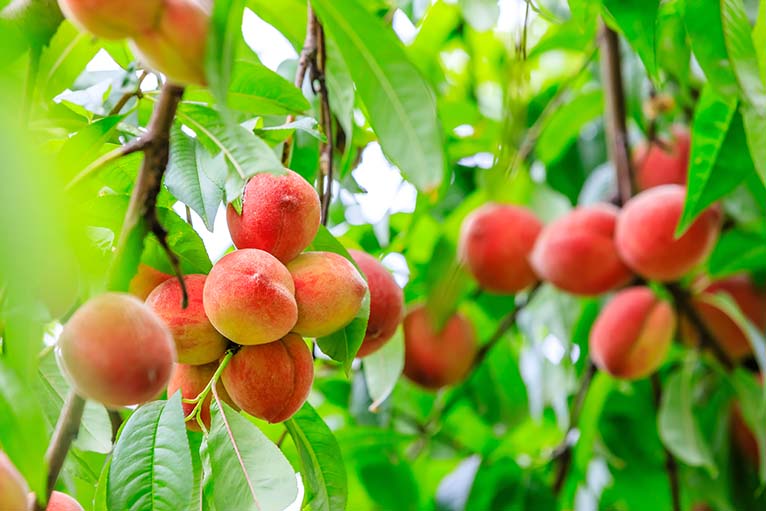
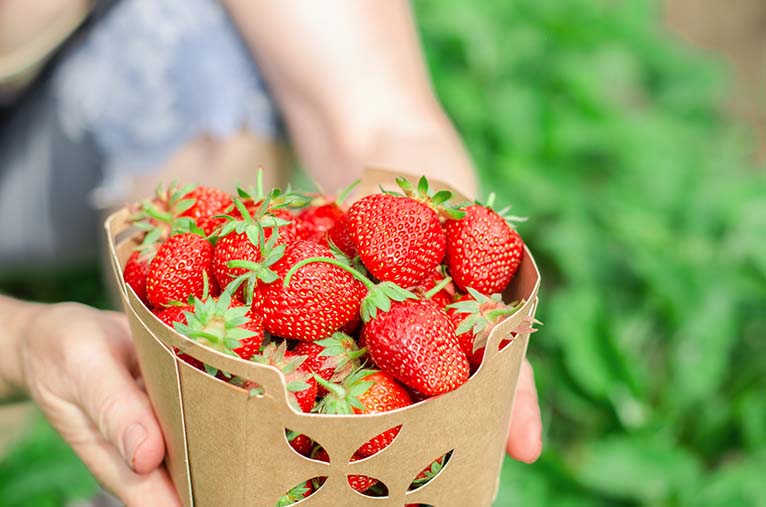
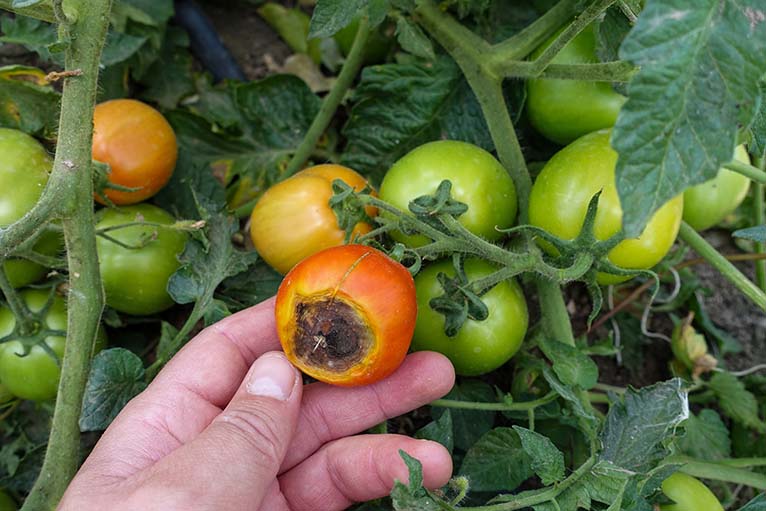
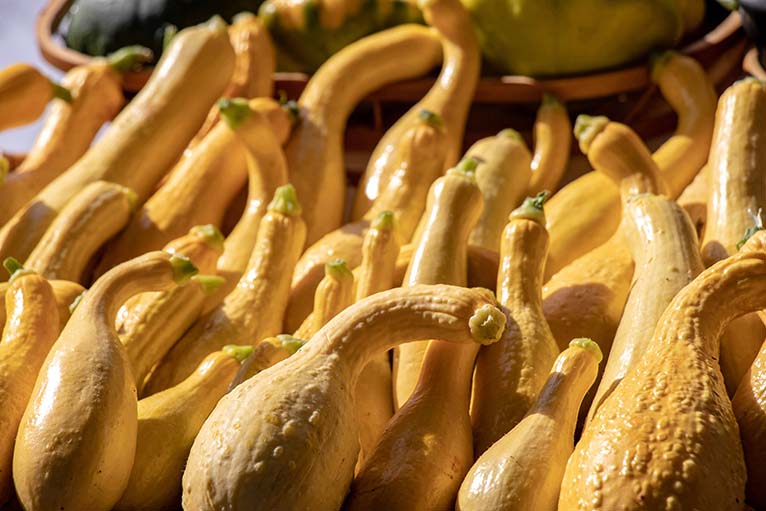
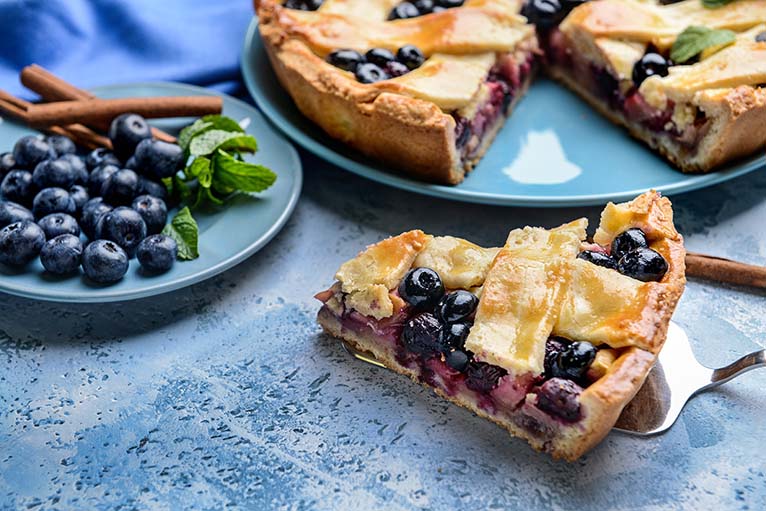
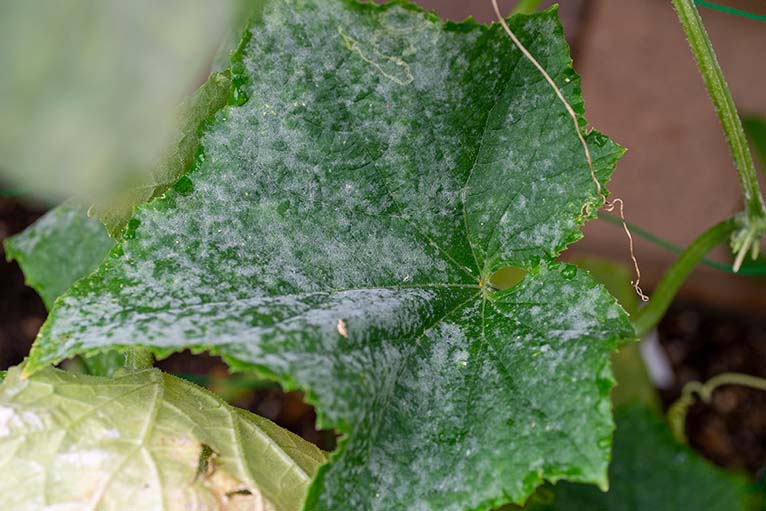
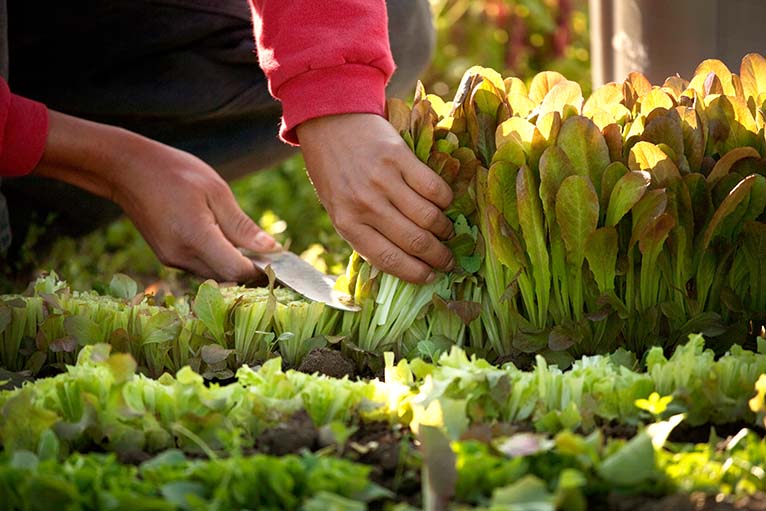
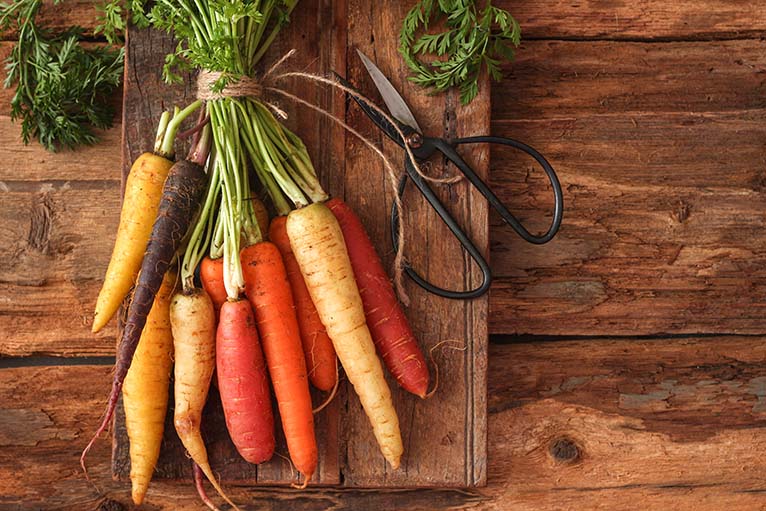
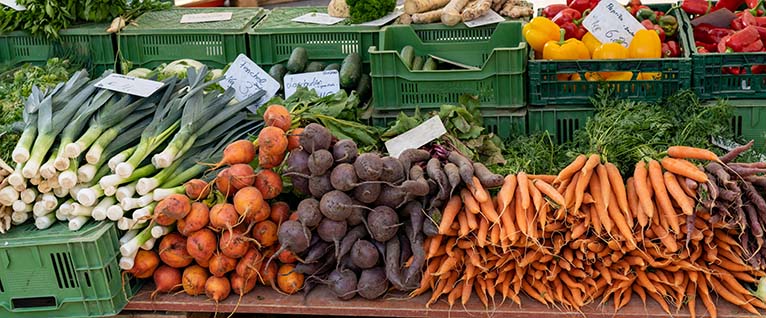
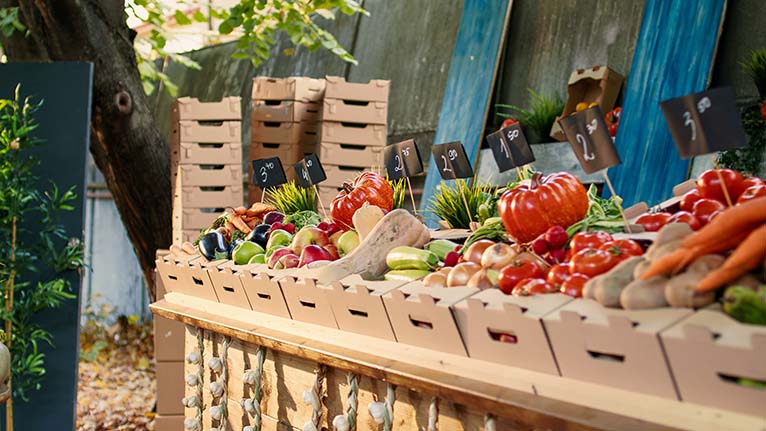
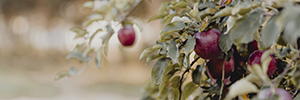
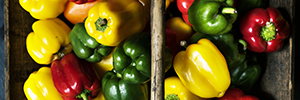
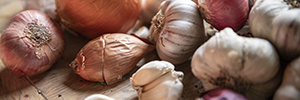
 DIY GARDEN PROJECTS
DIY GARDEN PROJECTS gagarden.com/blog.html
gagarden.com/blog.html